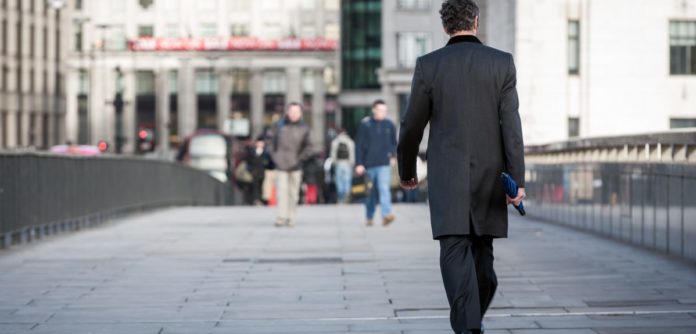A new study by the Oxford University, changing our lifestyles and the way we travel could have as big. The radical way of life change can indicate quicker outcomes than the slow progress to electric vehicles and eliminate of ordinary petroleum and diesel vehicles.
According to an estimate, Scotland has 90% reduced carbon emissions by 80% compared to 1990. For transport, this incorporates global flying and sending which makes the objectives more hard to achieve.
Led by Dr Christian Brand, Senior Research Fellow and Associate Professor at the Oxford School of Geography and Environment, Environmental Change Institute and Transport Studies Unit, in collaboration with colleagues Jillian Anable from the University of Leeds and Craig Morton at the University of Loughborough, the paper explores how plausible changes in the way we travel might reduce energy use and emissions in Scotland over the next three decades, in light of the 5-year carbon budgets up to 2050 and beyond.
Dr. Brand said, “Our study explores how Scotland might achieve these targets in the transport sector. We find that both lifestyle change – such as making fewer and shorter journeys, sharing existing journeys, or shifting to walking, cycling and clean public transport – and a comprehensive strategy around zero emission technologies are needed, but that they have limits to meeting our CO2 targets, in particular beyond 2030.”
The discoveries recommend that, only through prioritization of both request (way of life, social and social change) and supply-side (new innovation) transport arrangements, may we have a possibility of controlling carbon emanations in accordance with the United Nation’s 1.5C Climate Change Agreement. The co-advantages of such change to human well-being and the NHS are enormous.
Dr. Christian Brand said, “The newfound urgency of ‘cleaning up our act’ since the Paris Climate Change Agreement in 2016 and Dieselgate scandal suggests that we cannot just wait for the technology fix.”
“A long-term carbon and air quality emission-cutting strategy should consider both demand- and supply-side transport solutions, for the best chance of success.”
“We need to look at how we can inspire and support consumer lifestyle changes – in travel patterns, mode and vehicle choice, vehicle occupancy – to be in with a chance of reducing our carbon emissions in line with legislated targets and travelling on the ‘Road to Zero’ faster, further and more flexible.”
The study is Published in Energy Efficiency.
